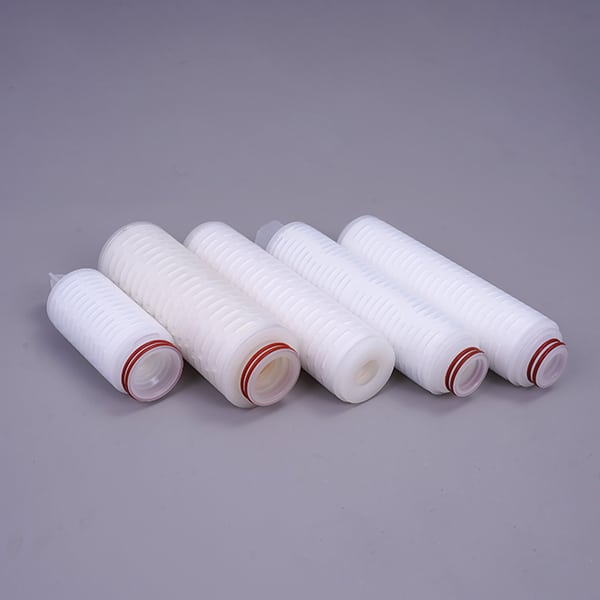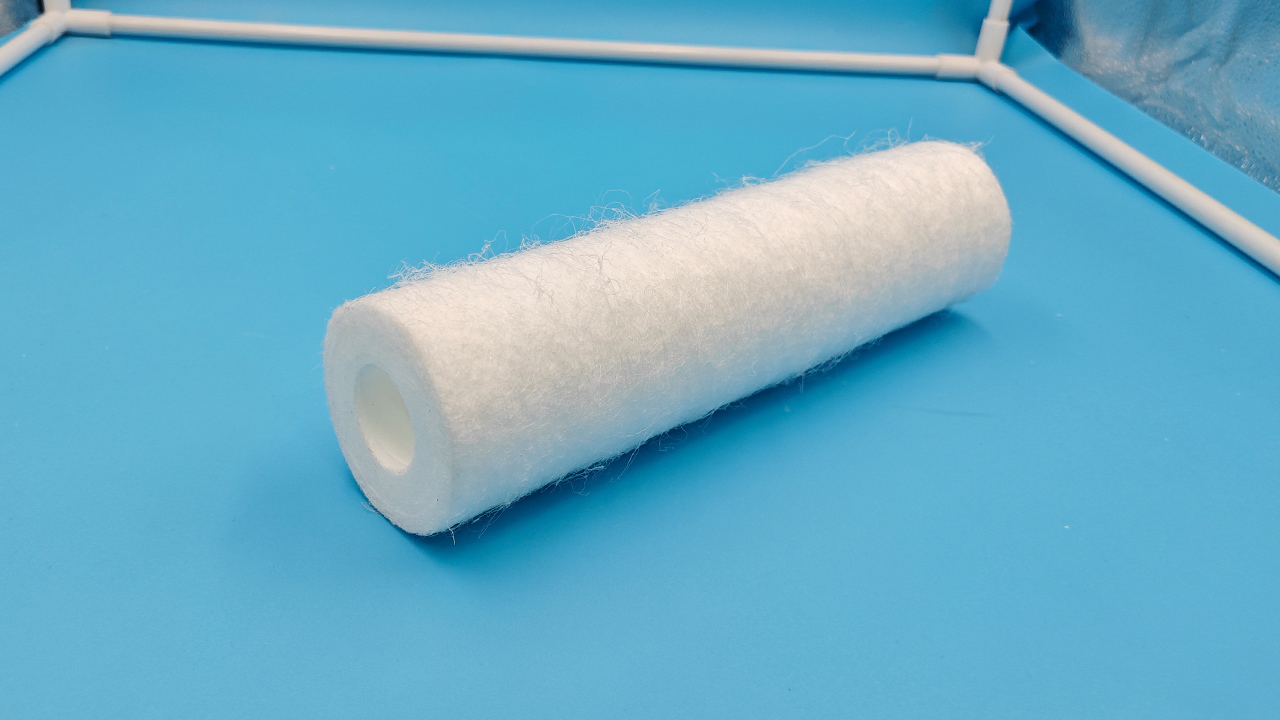
Melt Blown Filter Element – Industrial Quality Filtration for All Applications
# Melt Blown Filter Element – Industrial Quality Filtration for All Applications
Understanding the Melt Blown Filter Element
The melt blown filter element is a critical component in industrial filtration systems, renowned for its superior filtration capabilities. This technology utilizes thermoplastic polymers that are melted and then extruded into fine fibers, creating a highly porous structure. This unique configuration allows for excellent dirt-holding capacity while maintaining low pressure drop, making it an ideal choice for various applications.
In industries where cleanliness and precision are paramount, the melt blown filter element excels. From pharmaceuticals to food processing, these filters effectively remove contaminants, ensuring that products meet stringent quality standards. Their versatility means they can be used in liquid, air, and gas filtration, adapting seamlessly to different operational requirements.
Advantages of Using Melt Blown Filter Elements
One of the most significant advantages of melt blown filter elements is their efficiency in capturing particles of various sizes. The depth filtration mechanism allows for the retention of both large and small particles, providing comprehensive protection for your systems. This feature not only enhances product quality but also prolongs equipment life by preventing damaging particulate buildup.
Additionally, melt blown filters are known for their cost-effectiveness. They offer a balance between performance and affordability, making them an attractive option for businesses looking to optimize their filtration processes without breaking the bank. With lower replacement frequency and maintenance costs, these filters provide long-term value for industrial applications.
Applications Across Industries
Melt blown filter elements are utilized in a wide range of industries, each benefiting from their unique properties. In the automotive sector, they play a crucial role in ensuring clean fuel and air supplies, enhancing engine performance and efficiency. In the healthcare industry, these filters are essential for maintaining sterile environments, vital for patient safety and treatment effectiveness.
Moreover, in water treatment facilities, melt blown filters are employed to remove suspended solids and bacteria, safeguarding public health. Their adaptability makes them suitable for various other applications, including chemical processing, electronics manufacturing, and HVAC systems, proving their worth across diverse industrial landscapes.
Choosing the Right Melt Blown Filter Element
Selecting the appropriate melt blown filter element involves considering several factors, including the specific application, flow rate, and required filtration efficiency. It is essential to assess the nature of the contaminants and the operational conditions to ensure optimal performance. Consulting with filtration experts can help in identifying the best fit for your needs.

Furthermore, understanding the specifications such as micron rating, material compatibility, and temperature tolerance is crucial. Investing in high-quality melt blown filters tailored to your operations will result in enhanced filtration performance and reduced downtime, providing a robust solution for all your filtration challenges.
Maintenance Tips for Optimal Performance
To maximize the lifespan and efficiency of melt blown filter elements, regular maintenance is essential. Monitoring pressure differentials can indicate when a filter needs to be replaced, preventing unnecessary strain on your system. Implementing a proactive replacement schedule based on usage patterns can also enhance performance sustainability.
Cleaning the surrounding area of the filtration system and ensuring proper installation can further improve the efficacy of the melt blown filters. Proper training of personnel on maintenance procedures will ensure that your filtration systems operate at peak performance, ultimately contributing to overall operational success.


